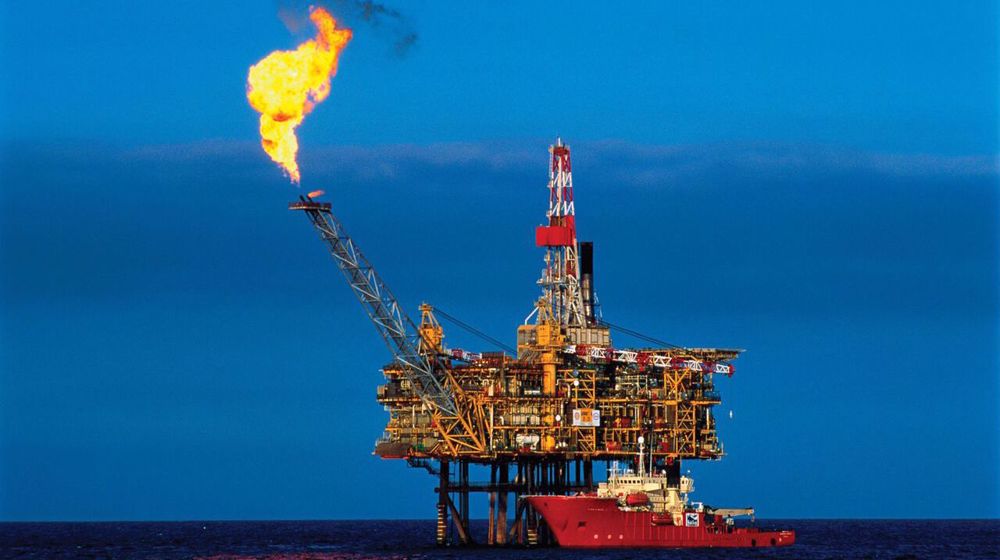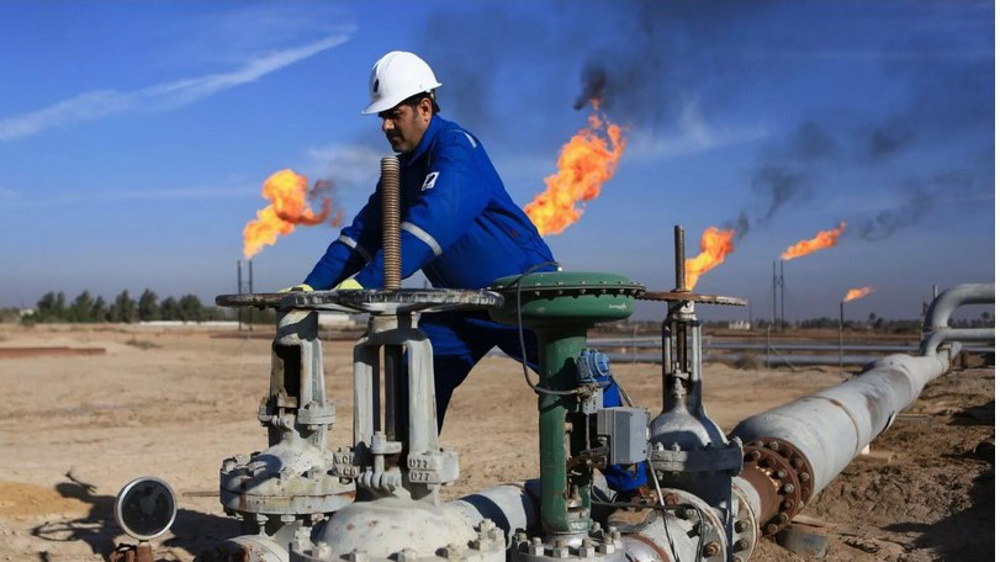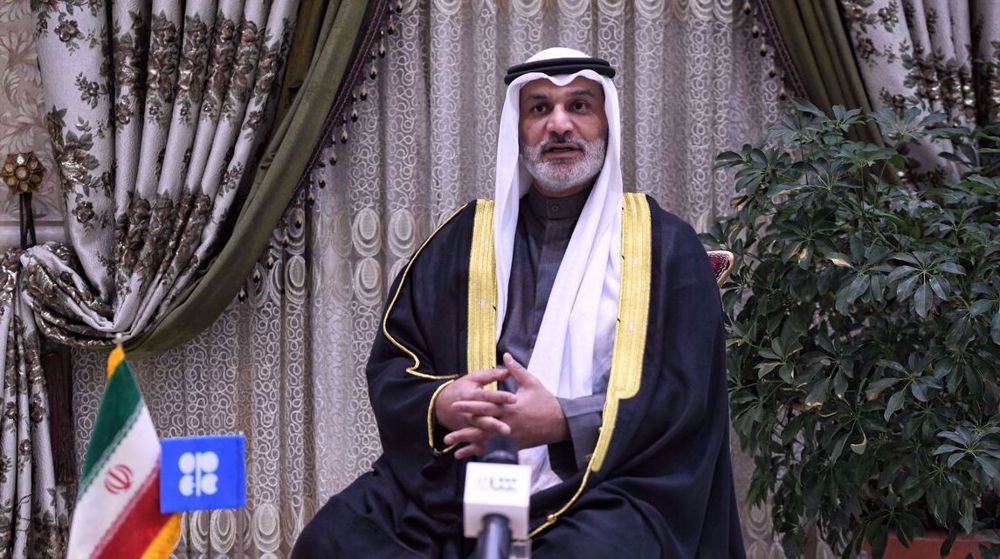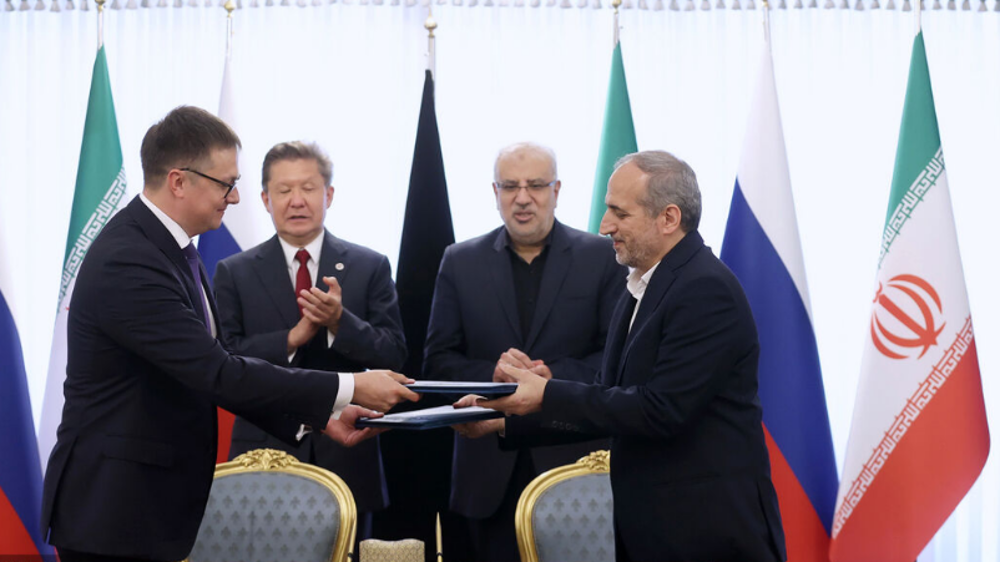Deal with Russia heralds Iran as regional gas hub
Last week, much of the news about the signing of a “strategic” memorandum to supply Russian pipeline gas to Iran was lost in political din as the election fever gripped the nation.
The MoU was signed on Wednesday during a visit by Gazprom’s head Alexei Miller to Tehran at a ceremony attended by Iran’s interim President Mohammad Mokhber.
“A strategic memorandum has been signed with the National Iranian Gas Company (NIGC)”, a statement by Gazprom said, adding “the parties proceed from developing long-term mutually beneficial cooperation going forward”.
Iran’s Minister of Petroleum Javad Owji said the signing of the memorandum will yield favorable changes in the energy balance in the region, where Iran will be fully ready to receive gas from Russia with its infrastructure and gas transmission lines.
The gas agreement, he added, will bring about a revolution in the energy and industrial ecosystem of the region.
Iran sits on the world’s second-largest gas reserves after Russia, making the two countries natural rivals in the global market. However, the changing landscape of the world's energy market is pushing them into an alliance of convenience.
As both countries are subject to heavy sanctions by the West for different reasons, their growing partnership enables them to dodge the restrictions and call the shots in the tightening market where they possess 60% of the world’s gas reserves combined.
Natural gas has a wide range of applications across sectors, including power generation, heating, and high-temperature industrial processes, as well as being a feedstock in, for example, the petrochemical and fertilizer industry.
As the political momentum behind low-emissions gasses is strengthening, global gas demand is projected to grow past 2030 in all scenarios. This signifies the important role of the global holders of this energy source in the energy supply chain at least until 2050.
Natural gas represents about one-fifth of all primary energy used across Europe. While Russia has long been the main supplier, accounting for up to 45% of imports, the war in Ukraine has prompted the European countries to reduce their reliance on Russian gas.
As a result, market dynamics are much changed, with supply sources and routes majorly altered. Just as Europe is faced with arguably the most serious gas crisis in its history, Russia is left with surplus gas in its transmission network and struggling to find new markets.
This also leaves Iran with a million-dollar question as to how it should deal with the situation as a country with massive reserves and a major producer of natural gas in order to secure its national interests best.
Over the last decade, Iran has been able to develop its natural gas industry to a significant extent by relying on its internal capabilities and the cooperation of neighboring countries.
However, limitations in attracting international funds due to sanctions have dogged the development process where production has only been enough to meet domestic needs.
Russia's exit from the European gas market provides Iran with a unique opportunity to forge short-, medium- and even long-term partnership with the country as a major exporter of natural gas.
This is plausibly the most appropriate option, given the apparent enthusiasm and warmth which the Russians show of late to cooperation with Iran, contrary to the past when they often sounded cold-footed and most bilateral agreements remained on paper.
Two years ago, Gazprom signed an MoU with the National Iranian Oil Company (NIOC) to develop several oil and gas projects in Iran.
Under the $40 billion deal, the Russian energy company was supposed to help NIOC develop the Kish and North Pars gas fields and six oil fields, and to become involved in the completion of liquefied natural gas (LNG) projects and the construction of gas export pipelines.
Cooperation with Russia, however, should not lead to the loss of current and future Iranian gas export markets and the replacement of Russian gas in those markets.
Any cooperation should help increase Iran’s share in the global gas trade and turn it into a gas hub in the region. If the Islamic Republic wants to become the natural gas exchange center of the region, it ought to maintain its market share in the neighboring countries and increase it in the long term.
Meanwhile, the partnership should lead to the attraction of Russian financial resources and use of its technical capabilities in the development of Iran’s gas industry, and boost Iran's LNG production and export capacity.
The shift in the world countries’ economic pivot to Asia and the emergence of new natural gas markets in countries such as China, India, Pakistan and Southeast Asia nations provide a unique opportunity to forge a new energy alliance, especially among natural gas producers.
Iran, thanks to its strategic position and huge natural gas resources, can play a major role in the sustainable energy supply in the region and the world, especially in view of the changing market dynamics.
The signing of the agreement on Wednesday to supply Russian pipeline gas is the first step in this regard.

Iran’s daily sweet gas production peaks at 870 mcm: NIGC

Iraq denies it is resuming oil exports from Kurdistan under US pressure

‘Petroleum demand will rise despite global push for renewables’
Israel’s massacres won’t grant it ‘legitimacy’: Hamas on 31st anniversary of Ibrahimi Mosque tragedy
French leader decries ‘unprecedented diplomatic scandal’ after Israel bars European MPs
VIDEO | Washington’s failed projects
VIDEO | Islamabad exhibition exposes Israeli atrocities in Gaza
Trump rescinds arms sales regulation in favor of Israel, sources say
Iran’s president vows to accelerate cooperation with Russia
Palestinian says Israeli jailers poured acid on him during interrogation
Iran, Turkmenistan seek increased cargo transit via railways







 This makes it easy to access the Press TV website
This makes it easy to access the Press TV website